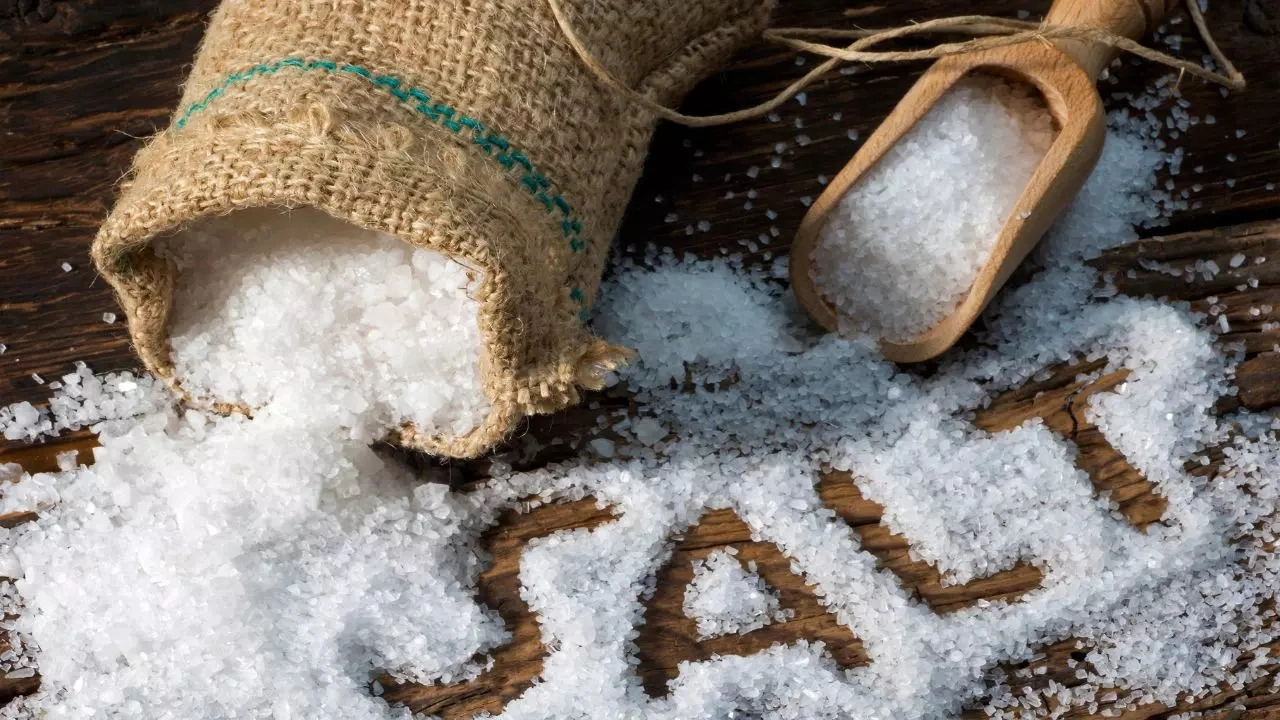Debosmita Ghosh • 30 Sep 2024
What Happens When You Reduce Your Salt Intake?

Know What Happens When You Reduce Your Salt Intake
Salt is composed of sodium chloride which is an an essential mineral for the human body. Salt plays an important role in maintaining fluid balance, nerve function and muscle contraction. It is important that you keep a check on your salt intake as it helps in physiological processes, however, excessive salt intake can lead to health complications, especially those related to the heart.
When you consume excessive salt, it leads to high blood pressure which eventually increases the risk of heart disease, stroke and kidney problems. Processed and packaged foods have high amounts of salt in them, therefore, it is important to avoid these foods. Reducing salt intake can help to benefit overall health.
Here, take a look at what happens to your body when you reduce your salt intake.
Lower Blood Pressure
Reducing salt intake can help to reduce your blood pressure significantly. This can be beneficial for people with hypertension. Sodium causes the body to retain water, increasing blood volume and adding extra pressure on the walls of the blood vessels. When you reduce your salt intake, the body releases this excess water, helping lower blood pressure and reducing the risk of heart attacks, strokes and kidney disease.
Reduced Risk of Heart Disease
A high-sodium diet is a major cause of cardiovascular diseases. When you reduce your salt intake, it helps to decrease the pressure on your heart and arteries. This helps prevent conditions such as coronary artery disease and heart failure. Lower sodium levels also helps to improve the function of the blood vessels, thereby, keeping arteries more flexible and less prone to damage.
Improved Kidney Function
The kidneys play a key role in regulating sodium balance. When you consume too much salt, the kidneys work harder to filter it from the blood, leading to potential damage over time. Reducing salt intake lowers the kidneys' workload, preventing complications like kidney stones and chronic kidney disease, which are often associated with high sodium consumption.
Reduced Bloating and Water Retention
Sodium causes the body to retain water which can lead to bloating and swelling, particularly in the hands, feet and abdomen. Cutting back on salt allows the body to shed excess water, thereby, reducing bloating and giving you a leaner and less puffy appearance.
Better Bone Health
Excessive salt intake can increase calcium loss through urine, thereby, weakening the bones over time. This can be concerning for people who are at a risk of osteoporosis. By lowering salt consumption, you can reduce calcium excretion which helps to keep the bones strong and reduces the risk of fractures.
Better Hydration
High salt intake can disrupt your body’s natural hydration balance, making you feel thirstier and leading to dehydration if not properly managed. Reducing sodium helps the body maintain fluid balance, thereby, keeping you hydrated and improving overall bodily functions.
Better Taste Sensitivity
When you consume less salt over time, it makes you more sensitive to natural flavours in foods. As you reduce sodium, you begin to appreciate the taste of foods with lower salt content which can lead to healthier eating habits.
Get Latest News Live on Times Now along with Breaking News and Top Headlines from Diet, Health and around the world.